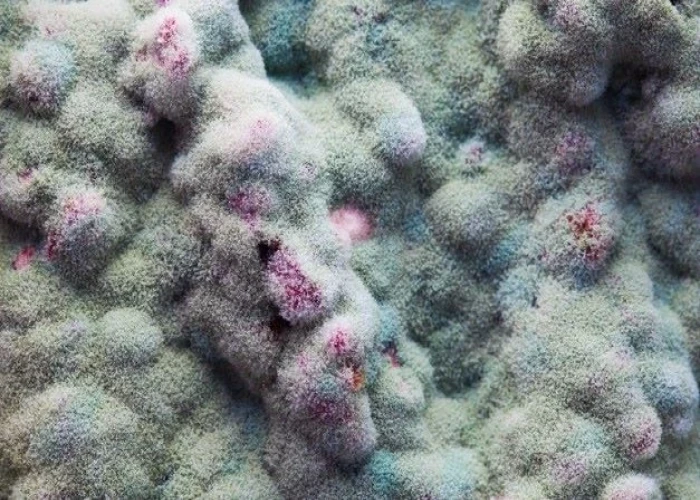 Welcome
Welcome
“May all be happy, may all be healed, may all be at peace and may no one ever suffer."
Mold allergy

Mold allergy is an allergic reaction to mold spores, which are tiny airborne particles that can be found in indoor and outdoor environments. Mold grows in warm, damp environments and can be found in places such as bathrooms, basements, and around water-damaged areas.
Symptoms of mold allergy can vary depending on the severity of the reaction, but they may include nasal congestion, sneezing, runny nose, coughing, wheezing, itchy and watery eyes, and skin rash. People with mold allergies may also experience worsening of asthma symptoms.
Diagnosis of mold allergy typically involves a physical exam, a review of symptoms, and skin or blood tests to determine the specific allergen that is causing the reaction. Treatment for mold allergy may include medications such as antihistamines, decongestants, and nasal corticosteroids to manage symptoms, as well as avoiding exposure to mold by keeping indoor spaces dry and well-ventilated, using air filters, and cleaning surfaces regularly to prevent mold growth.
In some cases, people with severe or persistent mold allergies may benefit from immunotherapy, also known as allergy shots, which involves gradually increasing exposure to the allergen over time to help the body build up a tolerance and reduce allergic reactions.
Prevention is also an important aspect of managing mold allergy, and it may involve taking steps to reduce indoor humidity, fixing any leaks or water damage promptly, and removing any visible mold growth in the home or workplace. Regular monitoring and follow-up care are important for managing mold allergy and preventing complications such as worsening asthma symptoms.
Research Papers
Disease Signs and Symptoms
- Frequent sneezing
- They may have hair growing from them.
- They can be smooth, wrinkled, flat or raised.
- Moles can be brown, tan, black, red, blue or pink.
- Chest tightness
- Shortness of breath (dyspnea)
- Dry scaly skin
- Watery eyes
- Itchy eye
- Cough
- Runny nose
- Allergy
Disease Causes
Mold allergy
Like any allergy, mold allergy symptoms are triggered by an overly sensitive immune system response. When you inhale tiny, airborne mold spores, your body recognizes them as foreign invaders and develops allergy-causing antibodies to fight them.
Exposure to mold spores can cause a reaction right away, or the reaction can be delayed.
Various molds are common indoors and outdoors. Only certain kinds of mold cause allergies. Being allergic to one type of mold doesn't mean you'll be allergic to another. Some of the most common molds that cause allergies include alternaria, aspergillus, cladosporium and penicillium.
Disease Prevents
Mold allergy
To reduce mold growth in your home, consider these tips:
- Eliminate sources of dampness in basements, such as pipe leaks or groundwater seepage.
- Use a dehumidifier in any area of your home that smells musty or damp. Keep your humidity levels below 50%. Remember to clean the collection bucket and condensation coils regularly.
- Use an air conditioner and consider installing central air conditioning with a high-efficiency particulate air (HEPA) filter attachment. The HEPA filter can trap mold spores from outdoor air before they're circulated inside your home.
- Change filters on your furnace and air conditioners regularly. Have forced air heating ducts inspected and, if necessary, cleaned.
- Be sure all bathrooms are properly ventilated, and run the ventilation fan during a shower or bath and immediately after to dry the air. If you don't have a ventilation fan, open a window or door while you're showering or bathing.
- Don't carpet bathrooms and basements.
- Promote groundwater drainage away from your house by removing leaves and vegetation from around the foundation and cleaning out rain gutters frequently. Make sure the ground slopes away from the foundation.
- Keep organic plant containers clean and dry, such as those made of straw, wicker or hemp.
- Toss or recycle old books and newspapers. If left in damp places, such as basements, they can quickly become moldy.
Disease Treatments
The best way to manage an allergy is to avoid exposure to triggers. However, molds are common, and you can't completely avoid them.
While there's no sure way to cure allergic rhinitis caused by a mold allergy, a number of medications can ease your symptoms. These include:
- Nasal corticosteroids. These nasal sprays help prevent and treat the inflammation caused by an upper respiratory mold allergy. For many people, they're the most effective allergy medications, and they're often the first medication prescribed.
- Examples include ciclesonide (Omnaris, Zetonna), fluticasone (Flonase Allergy Relief, Xhance), mometasone (Nasonex), triamcinolone and budesonide (Rhinocort). Nosebleeds and nasal dryness are the most common side effects of these medications, which are generally safe for long-term use.
- Antihistamines. These medications can help with itching, sneezing and runny nose. They work by blocking histamine, an inflammatory chemical released by your immune system during an allergic reaction.
- Over-the-counter (OTC) antihistamines include loratadine (Alavert, Claritin), fexofenadine (Allegra Allergy) and cetirizine (Zyrtec Allergy). They cause little to no drowsiness or dry mouth.
- The nasal sprays azelastine (Astelin, Astepro) and olopatadine (Patanase) are available by prescription. Side effects of the nasal sprays can include a bitter taste in your mouth and nasal dryness.
- Oral decongestants. OTC oral decongestants, such as Sudafed 12 Hour and Drixoral Cold and Allergy, can raise blood pressure, so avoid them if you have high blood pressure (hypertension). Other possible side effects include insomnia, loss of appetite, heart pounding (palpitations), anxiety and restlessness.
- Decongestant nasal sprays. These include oxymetazoline (Afrin, others). Don't use these medications for more than three or four days, as they can cause congestion to come back with worse symptoms when you stop using them. Other possible side effects include headaches, insomnia and nervousness.
- Montelukast. Montelukast (Singulair) is a tablet taken to block the action of leukotrienes — immune system chemicals that cause allergy symptoms such as excess mucus. However, concerns about side effects, including anxiety, insomnia, depression and suicidal thinking, are increasing. The U.S. Food and Drug Administration recently put a warning on the box about the drug's use.
- Like antihistamines, this medication is not as effective as inhaled corticosteroids. It has been used when nasal sprays cannot be tolerated or when mild asthma is present.
Other treatments for mold allergy include:
- Immunotherapy. This treatment — a series of allergy shots — can be very effective for some allergies, such as hay fever. Allergy shots are used for only certain types of mold allergy.
- Nasal lavage. To help with irritating nasal symptoms, your doctor might recommend that you rinse your nose daily with salt water. Use a specially designed squeeze bottle, such as the one included in saline kits (Sinus Rinse, others), bulb syringe or neti pot to irrigate your nasal passages. This home remedy, called nasal lavage, can help keep your nose free of irritants.
- Use water that's distilled, sterile, previously boiled and cooled, or filtered using a filter with an absolute pore size of 1 micron or smaller to make up the irrigation solution. Be sure to rinse the irrigation device after each use with similarly distilled, sterile, previously boiled and cooled, or filtered water and leave open to air-dry.
Disease Diagnoses
Disease Allopathic Generics
Disease Ayurvedic Generics
Disease Homeopathic Generics
Disease yoga
Mold allergy and Learn More about Diseases

Preterm labor
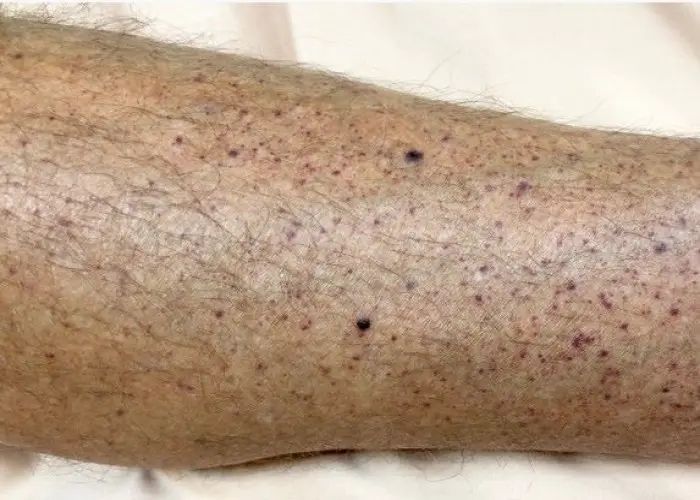
Immune thrombocytopenia (ITP)
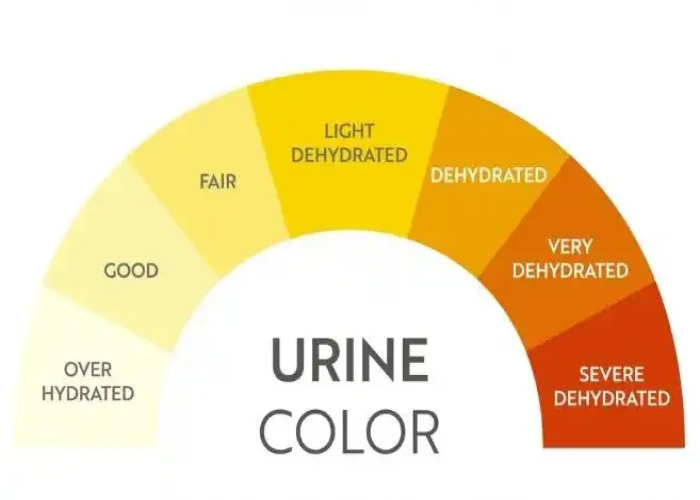
Urine color
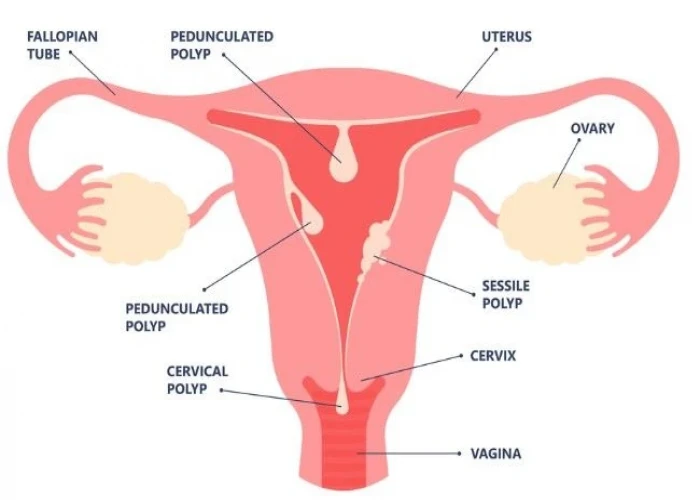
Menorrhagia (Heavy menstrual bleeding)
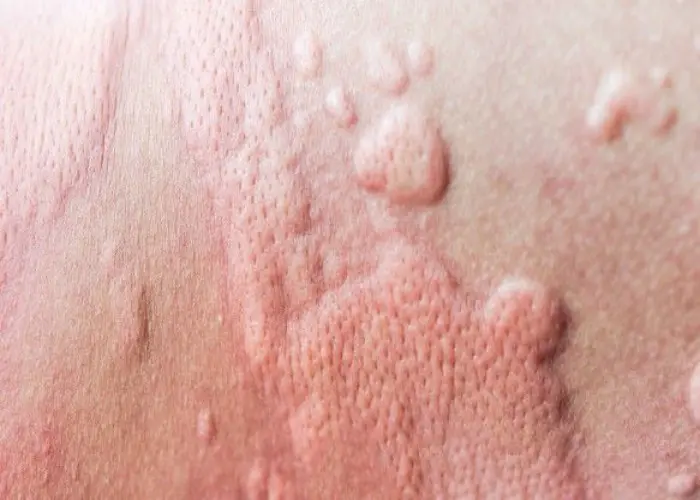
Hives and angioedema
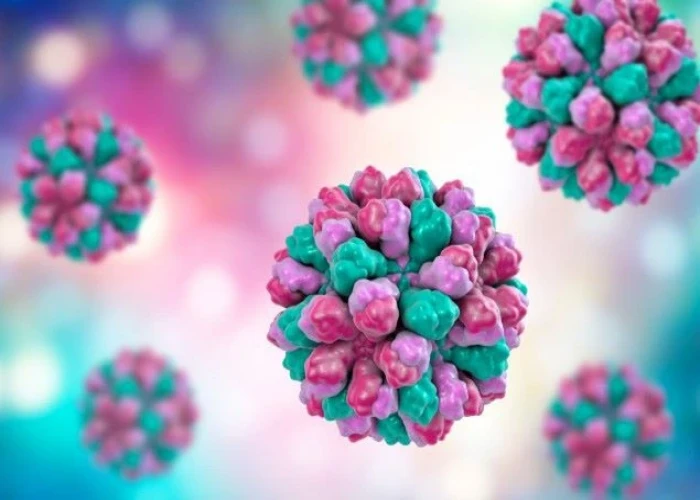
Norovirus infection
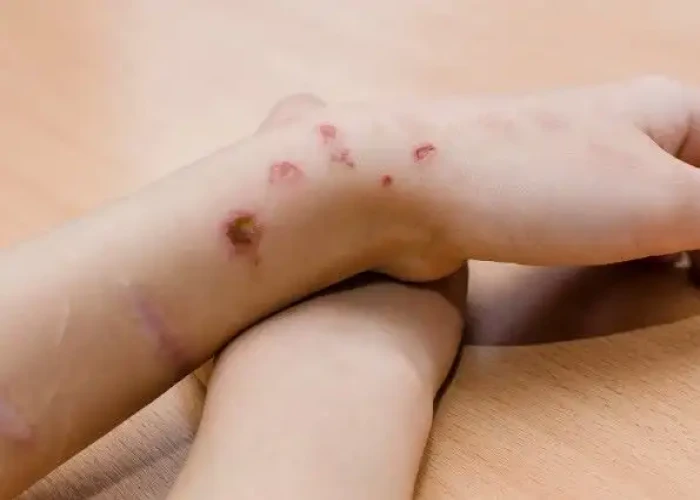
Self-injury / cutting

Cervical dystonia
mold allergy, মোল্ড অ্যালার্জি
To be happy, beautiful, healthy, wealthy, hale and long-lived stay with DM3S.
